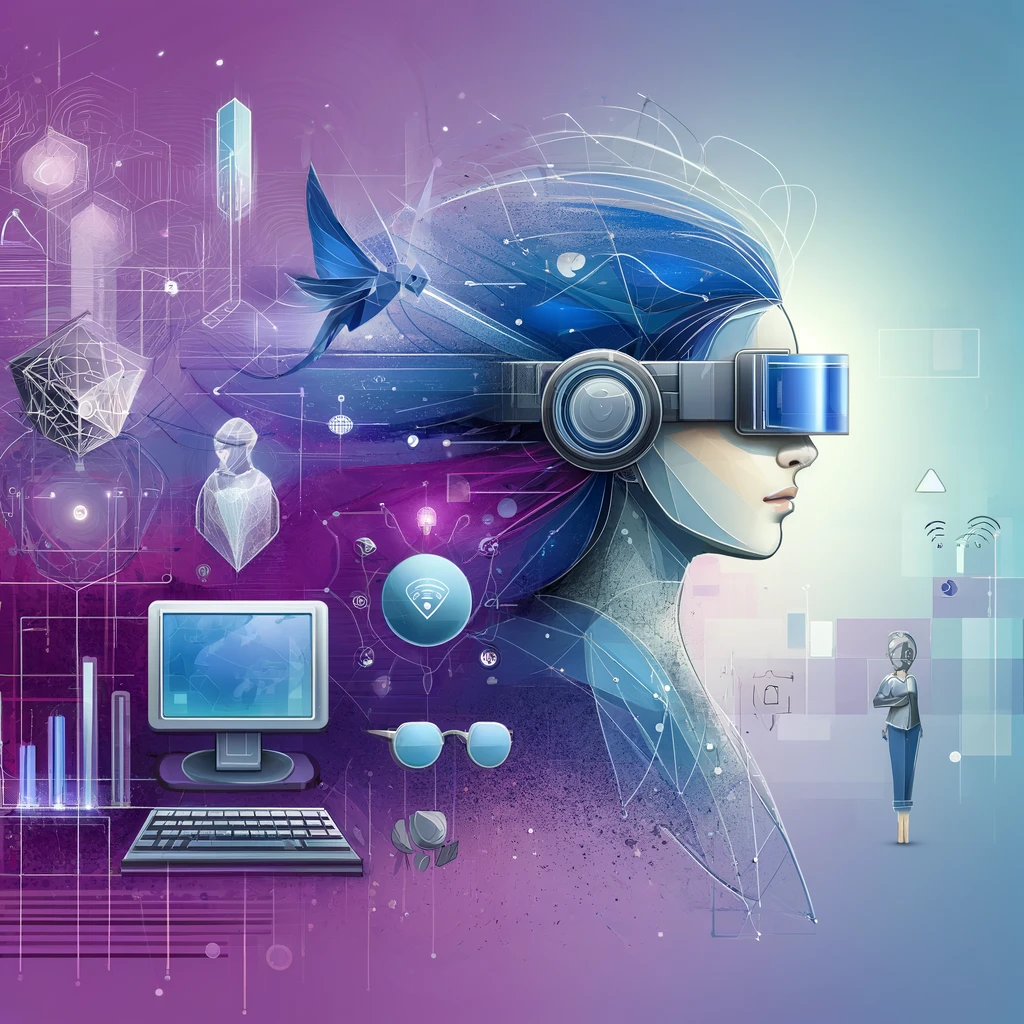Essential Skills for Employees in the 21st Century
As we move further into the 21st century, the skills that are essential for success in the workplace are evolving. To stay competitive and thrive in the modern business landscape, employees must possess a range of key skills that are in high demand. This paper explores the essential skills for success in the 21st century workplace and the scientific research that supports their importance.
The rapid pace of technological advancement and the increasing complexity of the business landscape have made it essential for employees to develop a new set of skills. The ability to adapt, communicate effectively, think creatively and work collaboratively are just some of the essential skills required for success in the 21st century workplace. This paper aims to explore the scientific research that supports the importance of these essential skills for success in the modern business landscape.
Digital Literacy:
Digital literacy has become a critical skill for success in the modern workplace. According to a study by the Pew Research Center, 87% of workers believe that digital skills are essential for their job. The ability to use digital tools and platforms to communicate, collaborate and perform work has become a requirement in many industries. Employers are increasingly looking for employees who are comfortable with technology and can use it to their advantage.
Adaptability:
Adaptability is another essential skill for success in the modern workplace. As the business landscape continues to evolve at a rapid pace, employees must be able to adapt to change and navigate uncertainty. This requires being open to new ideas, flexible in the face of shifting priorities and able to learn new skills quickly. According to a study by the Society for Human Resource Management (SHRM), adaptability is the most important skill for employees to possess in order to be successful in the 21st century workplace.
Communication Skills:
Effective communication is essential for success in the modern workplace. As organizations become more global and remote work becomes more common, the ability to communicate effectively across different cultures, languages, and time zones has become increasingly important. This requires the ability to communicate clearly, concisely and respectfully with colleagues, customers and stakeholders. A study by LinkedIn found that communication was one of the top five skills that employers look for when hiring new employees.
Creativity and Innovation:
Innovation and creativity have become critical skills in the modern workplace. According to a study by IBM, creativity is the most important leadership quality for success in the 21st century. Organizations are looking for employees who can think creatively and bring new ideas to the table. This requires the ability to identify problems, find solutions and innovate in a constantly changing business landscape.
the essential skills for success in the 21st century workplace have evolved to meet the demands of the modern business landscape. Digital literacy, adaptability, communication skills, and creativity and innovation are just some of the skills that are now essential for success. The scientific research shows that possessing these skills can contribute to an individual’s success in the workplace and ultimately to the success of their organization.

Here are some of the essential skills that can help employees unlock success in the 21st century:
Digital literacy: As technology continues to transform the workplace, employees must be comfortable using a wide range of digital tools and platforms. This includes basic computer skills, as well as proficiency in software and tools specific to their industry.
Adaptability: In today’s fast-paced business environment, change is constant. Employees who are able to adapt to changing circumstances and work effectively in dynamic environments are highly valued.
Communication: Clear and effective workplace communication is essential for success in any job. This includes written and verbal communication skills, as well as the ability to listen actively and work collaboratively with others.
Critical thinking: Employees who can think critically and solve problems creatively are highly sought after. This involves the ability to analyze data, evaluate options, and make informed decisions.
Emotional intelligence: Emotional intelligence involves the ability to understand and manage one’s own emotions, as well as the emotions of others. Employees who have strong emotional intelligence are able to communicate effectively, build strong relationships, and navigate difficult situations with grace and empathy.
Leadership: Even if you are not in a formal leadership role, demonstrating leadership skills can help you stand out in the workplace. This includes the ability to take initiative, inspire others, and work effectively as part of a team.
By cultivating these essential skills, employees can position themselves for success in the 21st century workplace. Employers can also support employee development by providing training and resources that help employees build these skills over time.
Ultimately, the key to unlocking success in the modern workplace is a commitment to ongoing learning and growth. By staying curious, adaptable, and committed to improving your skills, you can achieve your full potential and make a positive impact in your organization.
References:
Pew Research Center. (2016). The State of American Jobs. Retrieved from https://www.pewresearch.org/social-trends/2016/10/06/1-the-state-of-american-jobs/
Society for Human Resource Management. (2019). The Future of the Workplace: 10 Essential Skills for the 4th Industrial Revolution. Retrieved from https://www.shrm.org/hr-today/trends-and-forecasting/research-and-surveys/Documents/Future-of-Work-2019.pdf
LinkedIn. (2019). The Skills Companies Need Most in 2019 – And How to Learn Them. Retrieved from https://learning.linkedin.com/blog/top-skills/the-skills-companies-need









